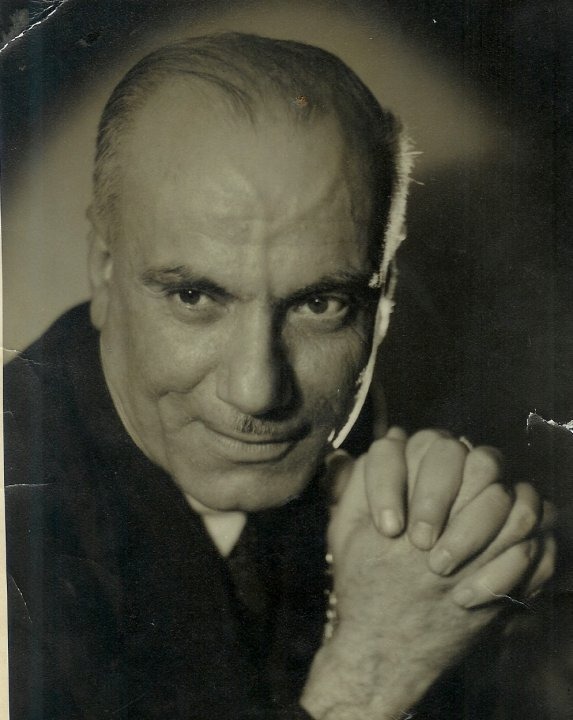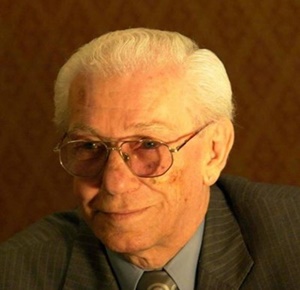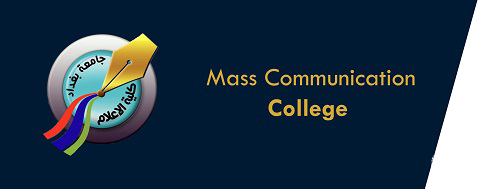Ibrahim Al-Daqouqi
He was born in Iraq in 1934, began his career in education in 1954 and was later transferred as a translator to the Ministry of Guidance in 1960. He worked in the Ministries of Information, Culture, and at the university. Al-Daqouqi started his literary journey with translation in 1956, followed by short story writing from 1958 to 1962, publishing his work in Shafaq magazine in Kirkuk and Ikhaa in Baghdad. In 1962, he founded Popular Heritage magazine in Baghdad, the first folklore magazine in the Arab world. He graduated from the Evening Department of the Faculty of Law at Ankara University, Turkey, in 1969. From 1966 to 1972, he served as a diplomatic press attaché at the Iraqi Embassy in Ankara. In 1972, he was appointed Director of Press at the Ministry of Information. Following the Gulf War, he emigrated to Europe and settled as a professor of Arabic language and literature at Marmara University in Istanbul. Since 1993, he has been an expert on Arab affairs at the Turkish Religious Foundation in Istanbul, where he lectures on Arabic language and literature for Turkish graduate students. He was elected a member of the scientific board of the Islamic Encyclopedia, published by the same foundation, in 1996. Marmara University recognized his doctoral dissertation on Fuzuli al-Baghdadi in 1998 after he published a summary in a commemorative book for the 500th anniversary of Fuzuli al-Baghdadi’s death, the prince of Turkish poetry, in 1996. In 2003, after moving to Vienna in 2000, he established the Academic Center for Media Studies and Cultural Communication. Al-Daqouqi has authored over 20 books across various fields, most of which are translated into Arabic from other languages. He also served as editor-in-chief of Al-Ghad, a quarterly magazine published by the center, which includes a group of Arab and European researchers and acts as a distinguished media observatory.

Rafael Butti
Rafael Butti was an Iraqi writer and journalist, regarded as a pioneer of journalism in the Arab world and affectionately known as the “Dean of Iraqi Journalism” by his contemporaries. He was the first to create the column “Iraq in Foreign Pages,” a feature that Iraqi newspapers still use today. Born in 1901 in Mosul, Iraq, to a Christian Orthodox family, “Rafael Butrus Isa” received his early education at church primary schools and graduated from the Dominican Fathers’ School in 1914. He later moved to Baghdad to continue his studies at the Teacher Training Institute, graduating in 1921, and went on to study law, graduating in 1929, though he never practiced law. Initially appointed as a teacher at Mar Toma Syriac Orthodox School, he also taught Arabic literature at the Latin School. Butti was editor-in-chief of Iraq newspaper from 1921 to 1924 and launched Freedom magazine in 1923, one of Iraq’s first literary magazines, attracting notable Arab writers and intellectuals. In 1929, he founded the daily newspaper Al-Bilad, which continued publication even after his death, despite repeated shutdowns due to its opposition to British mandate policies and the royal family. Butti was elected as a representative for Basra for six terms and served as the dean of journalists before moving to Egypt for two years. Returning to Iraq, he was appointed Minister of State for Information and Press twice during the terms of Prime Minister Fadhil al-Jamali. However, after his second term, he lost popularity and did not return to parliament. Among his many works are Modern Literature in Arab Iraq (two volumes), Ameen al-Rihani in Iraq, and the Spring Collection (published in Freedom magazine in 1925), which includes fourteen prose poems, along with The Magic of Poetry and Journalism in Iraq. Rafael Butti passed away in 1956 at the age of 55

Faiq Rafael Butti
Faiq Rafael Butti, born in Baghdad in 1935, completed his early education there and earned a bachelor’s degree in journalism from the American University in Cairo. Returning to Iraq in 1963, he became the editor-in-chief of Al-Bilad, a newspaper founded by his father, and later earned a doctorate in journalism from Moscow in 1979. A founding member of the Iraqi Journalists’ Syndicate, he left Iraq in the late 1970s, moving across Europe, the United States, and Britain, and authored over 15 works, including Party Press, Leftist Press, Iraqi Memory, Conscience, Memory of a Nation, and Iraqi Press in Exile, as well as encyclopedic works like Encyclopedia of Iraqi Press, Kurdish Press, and Syriac Press, along with a biography on his father’s journalistic career. Butti held various editorial roles, including secretary for Al-Noor, Al-Taakhi, and Tariq al-Shaab, served as secretary general of the Association of Democratic Iraqi Writers, Journalists, and Artists in Exile, and was editor-in-chief of Voice of the Union in the U.S. and Canada. He also launched Iraq of Tomorrow (a semi-monthly) in London from 1984 to 1986 and Iraq Message magazine from 1993 to 2003. As Dean of Iraqi Journalism, he authored eight key works on Iraqi press history, including Iraqi Press: Its Birth and Evolution, Iraq’s Journalism: History and Generations’ Struggle, July Press and Iraq’s Political Development, Party Press, Figures in Iraqi Press, and most recently Iraqi Press in Exile. Butti was also a prolific author with works like My Father, The Great Betrayal, Press Issues, Conscience (Part I), and Rafael Butti: Iraqi Memory (two volumes), as well as Conscience (Part II), and was finalizing Conscience (Part III) titled Memory of a Nation, and a new book, Figures in My Memory. He had planned to write a history of Kurdish press using sources from Erbil, Sulaymaniyah, Mosul, and Kirkuk, in collaboration with Kurdish writers and journalists, with support from universities and libraries in Kurdistan’s Ministry of Culture. However, he passed away before completing the project. Butti’s passion for journalism began early, growing up in his father Rafael Butti’s printing press and learning journalism under his guidance. His lifelong commitment to journalism was driven by a belief in its sacred purpose, inherited from his father, the founder of Al-Bilad. Butti viewed journalism not as “the profession of trouble-seeking” but rather as “the profession of truth-seeking,” highlighting the critical role journalists play in society. Before his death, he remarked that Iraqi journalism, one of the richest in the Arab world, stood out for its diversity of opinions and licenses, with nearly 1,500 daily and weekly publications by 1979 from various political groups. The Dean of Iraqi Journalism, Faiq Butti, passed away on a Monday at the age of 81 after a battle with illness, leaving behind a legacy of books and encyclopedias that chronicled the history of Iraqi journalism from the mid-20th century up until shortly before his passing

